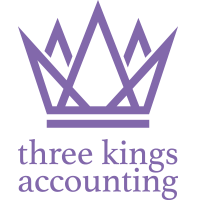Our Guide To Company Car Tax And Car Fuel Benefit
Company cars are a great perk, but they also come with obligations to HMRC. If you provide or receive a company car, you need to report any vehicles used on private journeys, the fuel used on those journeys, and any adaptations made for employees with disabilities.
If you’re an employee, you may need to pay both the “company car and fuel benefit” – this is a benefit in kind (BIK) tax.
What are the car and fuel benefits, and how do they work? Read our introductory guide here.
What Is the Company Car and Fuel Benefit?
If you receive a company car as a benefit, then you may need to pay tax on the value the vehicle has to you. Your car benefit costs may be less if you only use it part-time, contribute to the cost, or it is a low emission car.
When you receive the car, you or your employer will need to register and update it with HMRC. To update, you need to know:
- The car’s emission level
- The value of the vehicle (upon purchase)
- Your income tax bracket
If the car runs on diesel, you also need to check if it meets the Euro 6d standard. It doesn’t apply to commercial company vehicles or if you are using a car-sharing scheme. However, registering the car isn’t your only responsibility.
The company car fuel benefit is another tax assessed by HMRC that you – the employee and taxpayer – pay when you use fuel paid for by your employer on private journeys.
HMRC sees the fuel as being free – or a benefit in kind – and therefore requires you to pay tax on it.
You can work out the value of cars and fuel using online tools from HMRC.
However, there are different rates when you need to reimburse your employer for private travel.
You can estimate your car and car fuel benefit using HMRC’s calculator.
Does Fuel Benefit Help or Hurt You?
It depends on how much you drive the car on a private basis.
If you use the car almost only for work and then primarily go home every day on a short commute, then you could actually pay more in tax as a result of receiving the benefit than you do if you just paid for the fuel yourself.
Indeed, employers need to ask the same questions. As an employer paying for personal fuel, you not only have to pay for the fuel but also make the appropriate contributions to National Insurance because it’s a company benefit.
Learn More About BIK Taxes Here
The company car fuel benefit is a tax assessed by HMRC when your employer allows you to drive a company car for private use.
For some people, it can be a considerable employment bonus. However, if you rarely use it, then the fuel card tax alone could cost you more than it’s worth.
Are your car and fuel registration up-to-date? Do you have questions about paying tax on benefits? Get in touch to learn more about accounting for small businesses.


